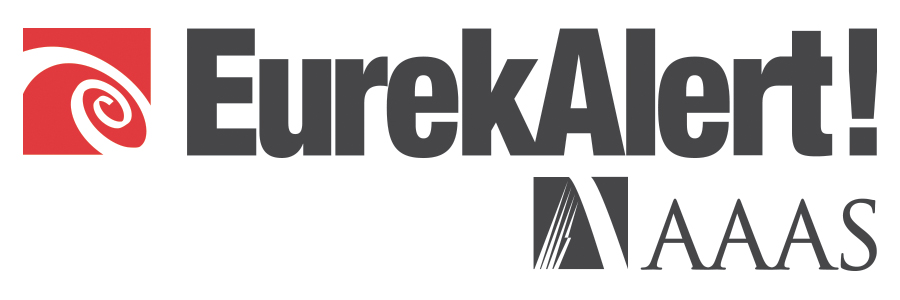
Brooke Flammang, assistant professor of biological sciences at NJIT, has been named winner of the 2019 Steven Vogel Young Investigator Award by the scientific journal Bioinspiration & Biomimetics.
Flammang is the third-ever winner of the international award, started in 2017 in honor of biomechanics pioneer Steven Vogel. The honor is externally nominated by the journal to annually recognize early career excellence in the journal’s field, and is open to researchers in the 10 years after completing their Ph.D.
The journal’s award panel cited Flammang’s “excellent leadership and guidance in the fields of biomechanics and biomimetics, extensive publication record, promising work in biologically inspired adhesion and pioneering work on 3D fluid dynamics of organisms.”
“This is such a tremendous honor and I am so grateful to have been nominated and selected for this award,” said Flammang. “I really love being able to work at the intersection of organismal biomechanics and bioinspired robotics, because it allows me to extract the fundamental physics that dictate performance for both.”
Flammang completed both her Ph.D. in biology (2010) and postdoctoral fellowship (2013) at Harvard University, where she was noted for her early-career discovery of the radialis muscle in shark tails, first described in Journal of Morphology. In 2014, she was named one of the “best shark scientists to follow” by Scientific American.
Currently at NJIT, Flammang leads the Fluid Locomotion Laboratory where her team integrates comparative anatomy and physiology, biomechanics, fluid dynamics and biologically inspired robotic devices to investigate ways in which organisms interact with their environment and drive the evolutionary selection of morphology and function.
Over the course of her research career, Flammang has published more than 30 peer-reviewed papers that span fields of biomechanics, bioinspired robotics, comparative anatomy and physiology, and hydrodynamics.
Most recently this year, Flammang was featured in Bioinspiration & Biomimetics for her team’s study showcasing the novel design of a biologically inspired adhesive device capable of replicating the suction ability of remora fish.
Since her arrival at NJIT in 2014, Flammang has received multiple fellowships and awards, including the 2017 Carl Gans Award by the Society for Integrative and Comparative Biology for distinguished contributions to the field of comparative biomechanics. She has been awarded numerous research grants including a current $997,510 National Science Foundation Understanding Rules of Life grant to launch the first evolutionary study of the unique pelvic structure and walking mechanics of blind cavefish (Cryptotora thamicola), and use bioinspired robotics to understand the physics underlying the evolution of terrestrial locomotion.
###
To learn more about the journal Bioinspiration and Biomimetics, and the Steven Vogel Young Investigator Award, visit: https:/
About New Jersey Institute of Technology:
One of only 32 polytechnic universities in the United States, New Jersey Institute of Technology (NJIT) prepares students to become leaders in the technology-dependent economy of the 21st century. NJIT’s multidisciplinary curriculum and computing-intensive approach to education provide technological proficiency, business acumen and leadership skills. NJIT is rated an “R1” research university by the Carnegie Classification®, which indicates the highest level of research activity. NJIT conducts approximately $170 million in research activity each year and has a $2.8 billion annual economic impact on the State of New Jersey. NJIT is ranked #1 nationally by Forbes for the upward economic mobility of its lowest-income students and is ranked 53rd out of more than 4,000 colleges and universities for the mid-career earnings of graduates, according to PayScale.com. NJIT also is ranked by U.S. News & World Report as one of the top 100 national universities.
Disclaimer: AAAS and EurekAlert! are not responsible for the accuracy of news releases posted to EurekAlert! by contributing institutions or for the use of any information through the EurekAlert system.

